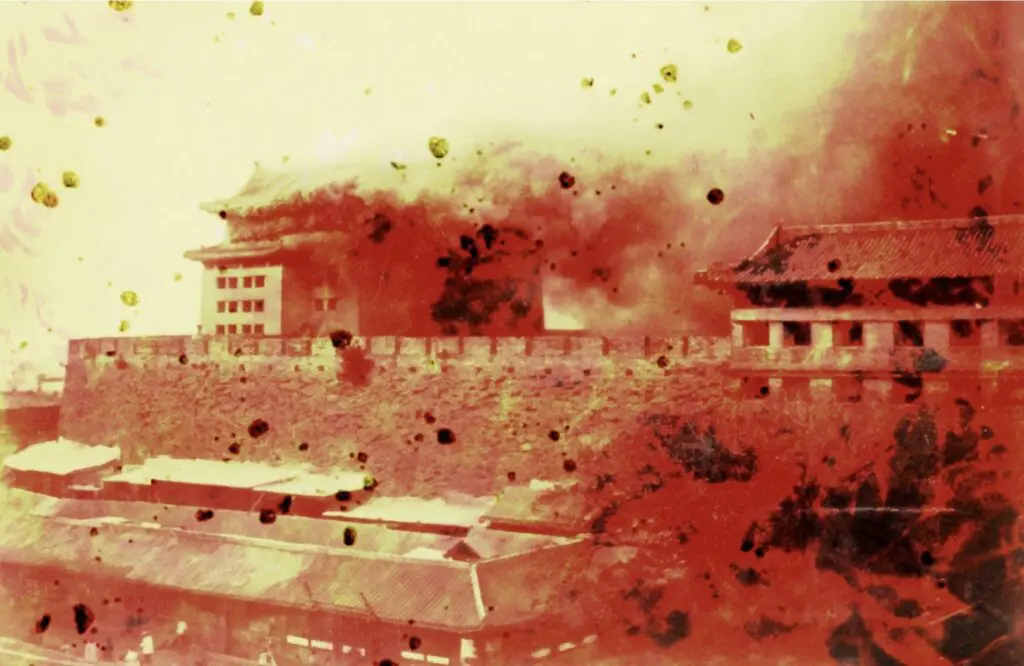The Weekly Reflektion 11/2023
The blowout on the Macondo well on 20th April 2010 led to the deaths of 11 persons and the loss of the drilling rig Transocean Deepwater Horizon. The clean-up of the oil spill and the various settlements and fines ultimate cost BP 61.6 billion dollars. BP, at that time one of the biggest companies in the world, nearly went bankrupt. A reminder of the potential cost of any Major Accident that you may have in the future.

Can your company cope with the ultimate costs of a Major Accident?
The Wanggongchang explosion on 30th May 1626, sometimes referred to as the Great Tianqi Explosion, was reported to have killed 20000 people and ultimately led to the fall of the ruling Ming dynasty. A historic reminder that Major Accidents have serious consequences both in the short-term and the long-term.
The Wanggongchang armoury was situated about 3 km southwest of the Forbidden City, in the central Xicheng District in China. The armoury was a storage area for armour, firearms, ammunition, and gunpowder for the army entrusted with defending the Forbidden City. It is estimated that 1.8 metric tons of gunpowder were dispatched from the armoury every day. The cause of the explosion is not known however itwas reported in the official newspaper ‘Official Notice of Heavenly Calamity’. There was a bright flash and a huge bang that ‘shattered the sky and crumbled the earth’. An area of 4 km2 was utterly obliterated. At the time work was ongoing to renovate the palaces of the Forbidden City and 2000 workers were shaken off the roof and fell to their deaths. The noise of the blast was heard over 40 km away and the trembling wasfelt as far away as 150 km. The ground under the armoury had sunk by 6.5 meters as the force of the explosion compressed the earth and soil. Through the ages various theories have been suggested for the cause of the explosion, including incorrect handling of the gunpowder, electrostatic discharge,and sabotage by rivalling factions.
The son of the emperor was 7 months old and was killed by the explosion. He was the Tianqi emperor’s only heir. Many of the emperor’s army were killed and the there was a significant loss of arms, ammunition and gunpowder that severely weakened the military power projected by the emperor. The expenditure in the relief and repair works put a significant strain on the emperors budget which was already under pressure due to mismanagement and corruption. The emperor died the year after and the superstitious among the people, and there were many, took this as a sign to punish the ruling dynasty and they revolted. The emperor’s younger half-brother inherited the throne and there followed factional infighting that accelerated the decline and eventual fall of the Ming Dynasty 18 years after the explosion.
A Major Accident occurs when the company responsible for the activity and the worksite loses control of the hazards that they are entrusted to manage. Irrespective of the causes, and irrespective of whether there are technical, operational, or organisational factors that contributed to accident, loss of control is at the root of all accidents. Loss of control of the hazards and failure to manage the risks associated with the hazards may ultimately lead to the fall of your company dynasty.
